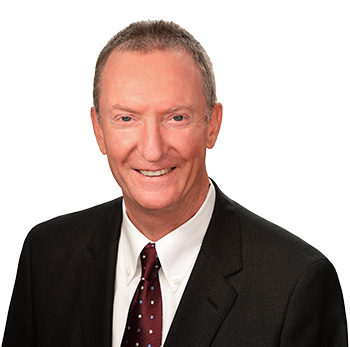Hyperlipidaemia
Hyperlipidaemia is a medical term that refers to abnormally high levels of fats, such as triglycerides or cholesterol, in the blood. It is generally seen in overweight people who are on an unhealthy diet consisting mainly of foods rich in fat such as eggs, cheese, and meat. It can also be seen in people who drink too much alcohol. The alcohol and fat from these fatty foods combines with proteins in the blood to form lipoproteins. These lipoproteins are classified into two types, namely, HDL/High density lipoproteins and LDL/Low density lipoproteins. The HDL lipoprotein is often referred to as “good cholesterol”, as it prevents heart blockages by coating the arteries like protective oil. On the contrary, LDL or the “bad cholesterol” tends to deposit along the walls of the arteries, leading to a condition called atherosclerosis or hardening of the arteries. Atherosclerosis increases your risk for heart attack and stroke.
Hyperlipidaemia does not cause any symptoms and is often diagnosed during routine screenings or an annual health examination. If your doctor suspects that you are at risk of having a heart attack or stroke, a blood test will be ordered to determine your lipid levels.
Treatment for hyperlipidaemia includes lifestyle changes such as making healthy diet choices, following a regular exercise routine, avoiding fatty foods, quitting smoking, limiting alcohol and losing excess weight.
If conservative treatment measures do not lower your LDL levels to an acceptable level, your physician may order medications such as statins to help.
Read More: Hyperlipidaemia


